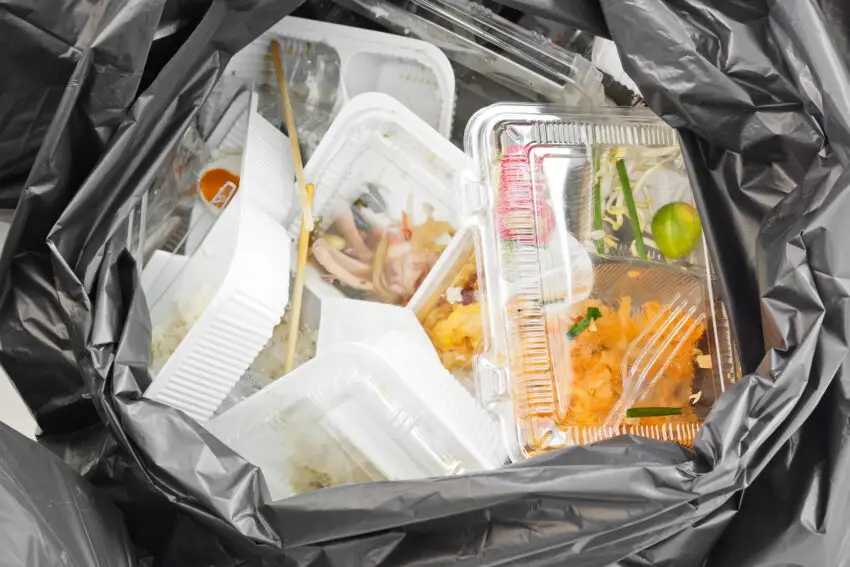Recent findings indicate that 42% of small and medium-sized enterprises (SMEs) in the UK are not aware of the new Simpler Recycling reforms introduced by the Department for Environment, Food & Rural Affairs (Defra).
Set to be implemented by March 2026, these reforms aim to standardise recycling practices nationwide, highlighting an urgent need for increased awareness and support.
Overview of the Simpler Recycling Reforms
Announced in October 2023, the Simpler Recycling reforms by Defra aim to unify recycling services across the UK. These changes are part of a larger governmental effort to boost recycling rates and reduce waste.
The reforms require both homes and businesses to modify their waste management practices, with substantial adjustments expected by March 2026. Despite the approaching deadline, many firms still need more information on effectively implementing these changes.
Lack of Awareness Among SMEs
A staggering 42% of SMEs surveyed are unaware of the incoming changes. This statistic is a clear indicator of the need for better information dissemination.
The survey included responses from over 550 small businesses. The results reveal a significant gap in awareness and preparedness.
Financial and Practical Challenges
Financial concerns are a major obstacle for many SMEs.
Half of the respondents cited financial challenges as the most significant barrier to compliance.
Businesses must also address practical issues such as finding space for additional recycling bins and training staff to sort waste correctly. These challenges compound the overall difficulty of adapting to the new regulations.
Standardised Recycling Collections
Under the new rules, all local authorities in England must collect seven types of recyclable materials, including glass, metal, plastic, paper, and cardboard. Food and garden waste will be collected separately.
Households will enjoy weekly food waste collections, while other residual waste will be collected at least once every two weeks.
Business Recycling Requirements
From March 2025, businesses, including schools and hospitals, will need to recycle the same materials as households, minus garden waste and plastic film.
This change ensures that businesses contribute to the national recycling effort, aligning their practices with those of households.
Businesses must start preparing now to meet these requirements effectively. This preparation includes planning and training to ensure staff are well-versed in the new recycling protocols.
Digital Waste Tracking
A new digital system will be introduced to monitor waste and reduce waste crime, which currently costs the UK £1 billion annually.
This system aims to enhance transparency and efficiency in waste management.
Digital tracking will help authorities and businesses keep better tabs on waste streams, ensuring compliance and reducing illegal dumping.
Calls for Government Support
With the March 2025 deadline looming, stakeholders are urging the government to provide more educational resources and support to help SMEs transition smoothly.
The success of the Simpler Recycling initiative and the UK’s broader sustainability goals hinges on businesses being well-informed and prepared.
Industry Insights
Mark Hall, co-founder of BusinessWaste.co.uk, emphasised the need for gradual changes. He advised, ‘Start implementing small changes gradually. Understand how the regulation will affect your business, make a plan, and ease your staff into it.’
He stressed that by the time the deadline arrives, these changes should already be fully integrated into the business operations.
As the UK pushes towards higher recycling rates, the need for businesses to adapt is crucial. However, the lack of awareness and the financial burden pose significant challenges.
With proper planning and government support, SMEs can successfully transition to the new recycling regulations, contributing to the UK’s sustainability goals.

